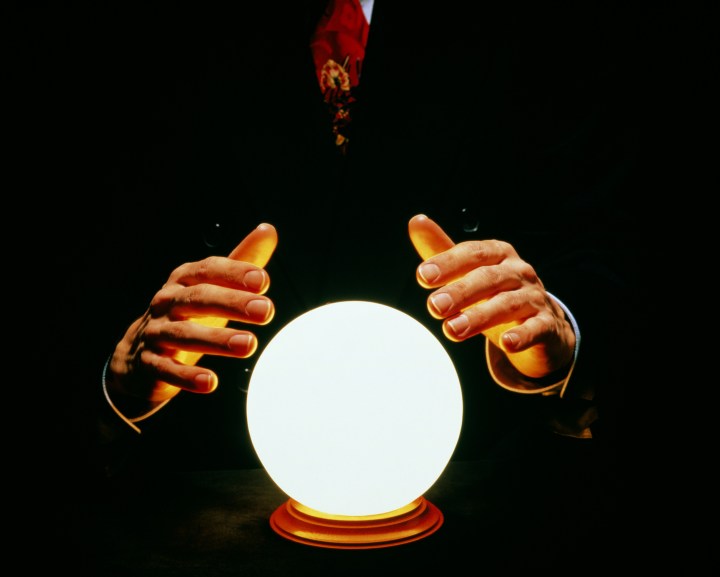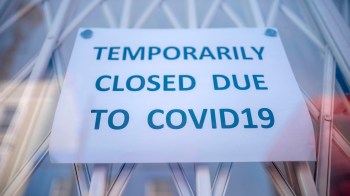
Do you find the economy confusing? So do professional economists
Do you find the economy confusing? So do professional economists

Over the past few years, we’ve talked to a lot of experts about the chaos happening in the economy. With COVID-19 came a quick recession, one of the largest government relief efforts in history and sky high unemployment. Yet, consumers were spending on appliances and furniture, and it was nearly impossible to buy a used car. And people keep spending today even though they’re worried about inflation.
All of these mixed signals have made it hard for economists to predict what’s going to happen next. And when we interview them, their answers have often boiled down to something like this:
“It’s confusing. There are lots of new things going on,” said Laura Veldkamp, an economist at Columbia University. “We don’t quite know what we’re doing these days.”
Wait, these are the economists! They’re supposed to be the experts on inflation, supply chains and consumer spending.
“We’ve studied each of these things on their own,” said Veldkamp. “But all of them are happening together. Holy smokes, like, we never planned on having this many big changes all at once.”
When everything’s happening at the same time, it’s hard to determine cause and effect. That messes with economists’ predictions and their heads. The usual rules don’t necessarily apply.
“You can find something that supports your theory, your argument, your policy proposal,” she said. “It’s a big inkblot. You see a dog, I see clouds in a sky.”
It means sometimes, predictions are off.
“I was a loyal member of team transitory,” said Laurence Ball, an economist at Johns Hopkins University.
What he means is team “inflation is temporary.” Ball was also a member of team, “we can’t bring down inflation without bringing up unemployment.” He said so far he’s been wrong there, too.
“That is good for the overall economy. It’s somewhat bad for the credibility of my research,” he said, adding that the experience has been humbling. “But I think it just, you know, reflects the fact that economic science is just not all that advanced in understanding inflation.”
That’s especially true when you throw in the most unpredictable piece of all: human behavior. There were the differences in how Americans reacted to a deadly illness, and how that experience affected where we live, what we do for work and how we spend money.
“We don’t have a lot of information to make predictions on that,” said Betsey Stevenson, an economist at the University of Michigan.
She said this really became a reality for her during the early stages of the pandemic, when her students were floating heads on her computer. She was trying to teach them about social security, tax policy and economic behavior. And those concepts didn’t always align with what was happening.
“Models that didn’t match what they saw out the window became even tougher to teach because the students were looking for things that were going to be useful in helping them understand what was happening in the world,” she said.
On the bright side, if we’re ever faced with a pandemic again, economists will have more information for their students, journalists and, in turn, you.
There’s a lot happening in the world. Through it all, Marketplace is here for you.
You rely on Marketplace to break down the world’s events and tell you how it affects you in a fact-based, approachable way. We rely on your financial support to keep making that possible.
Your donation today powers the independent journalism that you rely on. For just $5/month, you can help sustain Marketplace so we can keep reporting on the things that matter to you.

















